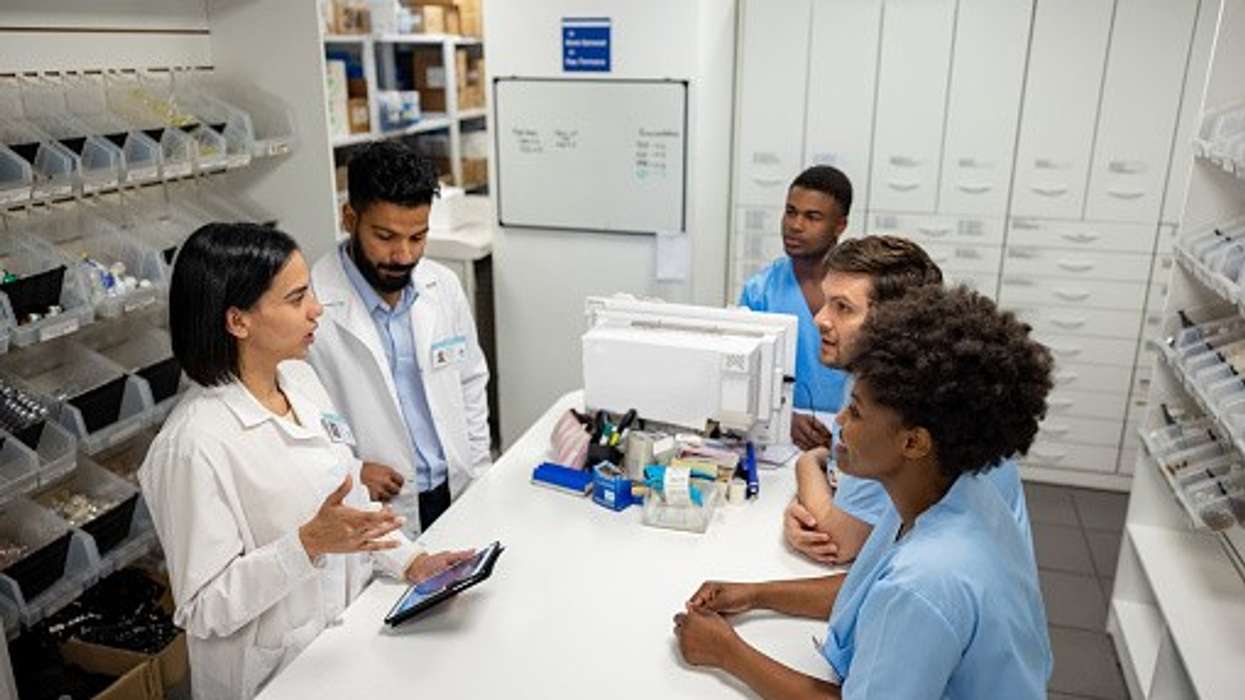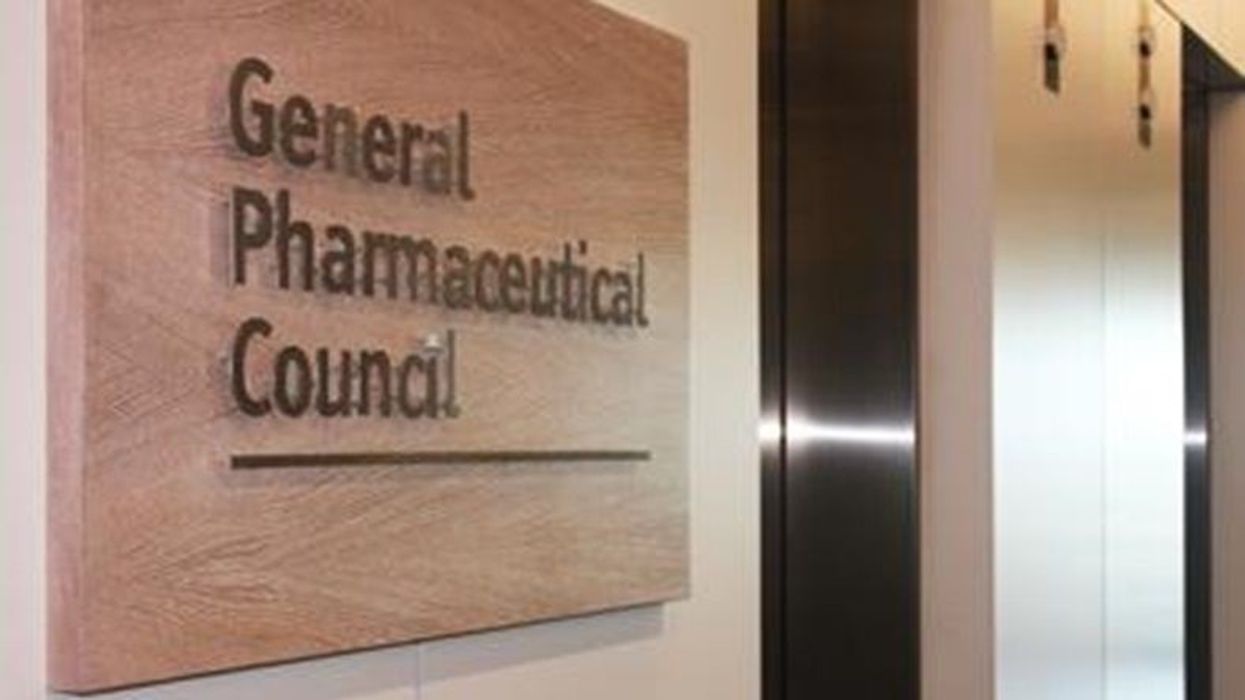By Jeremy Meader
The English health secretary has fumbled the opportunity to prevent a crisis in the NHS this winter. She either does not understand or value the role of community pharmacy as the third pillar of patient access to essential healthcare.
Her announcement that she wants community pharmacy to provide more services to take the strain off A&E departments and GP surgeries comes on the same day DHSC announces no new long-term investment to sustain the sector.
Does she not understand that as a result of years of government underinvestment in England the network is in decline with random closures across the country? Too many pharmacies are temporarily closed every day due to workforce shortages beyond the control of pharmacy owners.
Adding a new service here and there, even with some additional funding, does not address the longer term viability of the network which needs to know which patient services it will be expected to provide over the next 10 years – not just the next few months - and how those will be adequately remunerated.
Asking more from our sector with no new investment is a strategy which is bound to fail. The pharmacy contract remains economically illiterate. The sector’s finances need open heart surgery not a couple of paracetamol tablets.
Adding a new service here and there, even with some additional funding, does not address the longer-term viability of the network which needs to know which patient services it will be expected to provide over the next 10 years – not just the next few months – and how those will be adequately remunerated.
Nor does the announcement address the current pharmacy workforce crisis.
The government wants us to provide more services whilst at the same time NHS England is busy poaching qualified staff from the community pharmacy sector which leads to temporary pharmacy closures because the government has failed to reform supervision regulation or enact other capacity releasing changes.
These are examples of a continued disjointed government approach in England with regard to community pharmacy.
Compare and contrast with the situation in Scotland where a “pharmacy first” strategy has been successfully implemented: not annual unpredictable bread crumbs from the table, but an investment in community pharmacy as the third pillar of access to essential care.
The sector was in financial crisis before this announcement and it remains in crisis. A&E departments are already struggling to cope with demand; the GP network is in decline; and the community pharmacy sector is also in decline as a result of government funding austerity in England.
Recipe for a perfect storm for the NHS
That is a recipe for a perfect storm for the NHS in the months ahead and a potential systemic failure for patient care over the winter months.
Pick 'n' mix pharmacy service commissioning in England – here one year, gone the next –clearly does not work which is why people still present at A&E and GP surgeries for minor conditions.
Pharmacy First only has real meaning in the context of a national framework delivered over several years with sufficient funding.
My appeal to the English health secretary and DHSC officials: stop chasing media headlines and come and experience the coalface reality of operating a pharmacy serving local communities.
Jeremy Meader is managing director of Numark.











